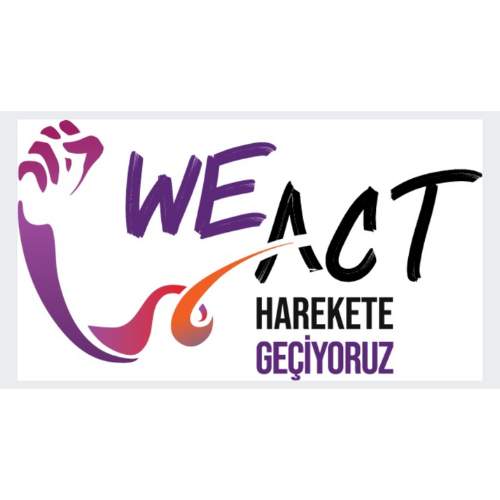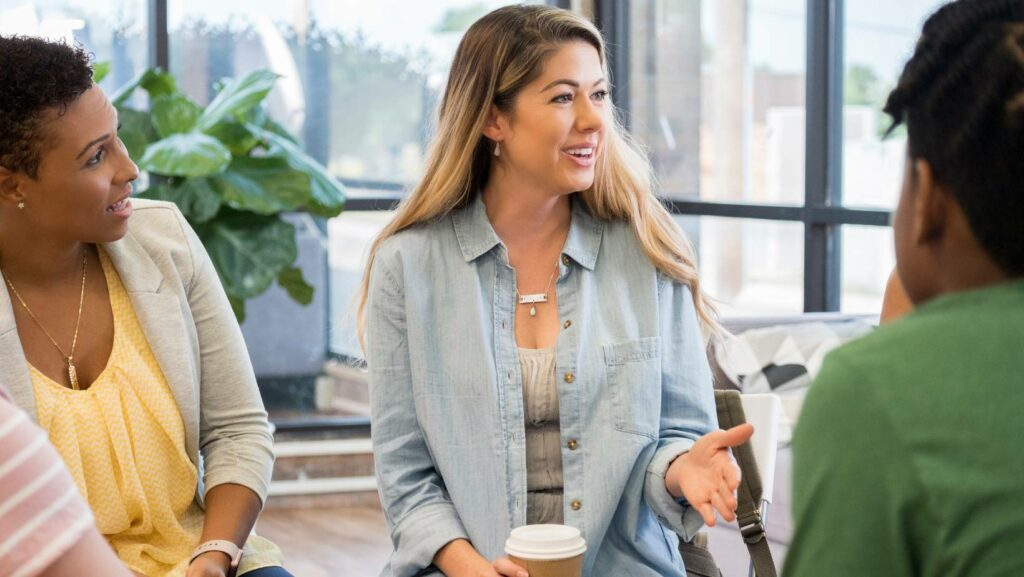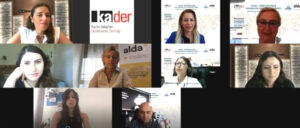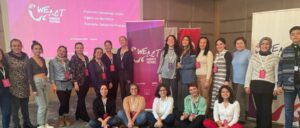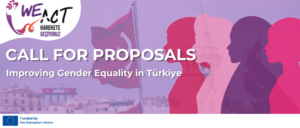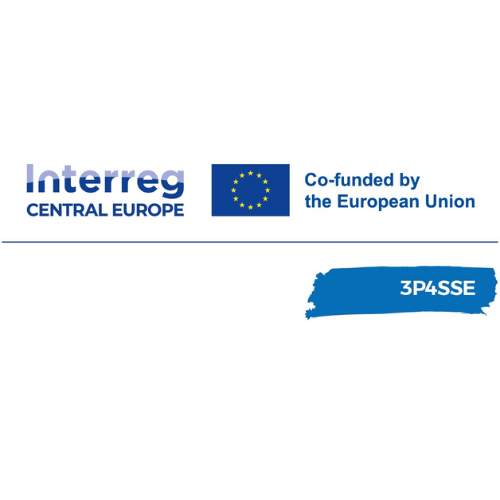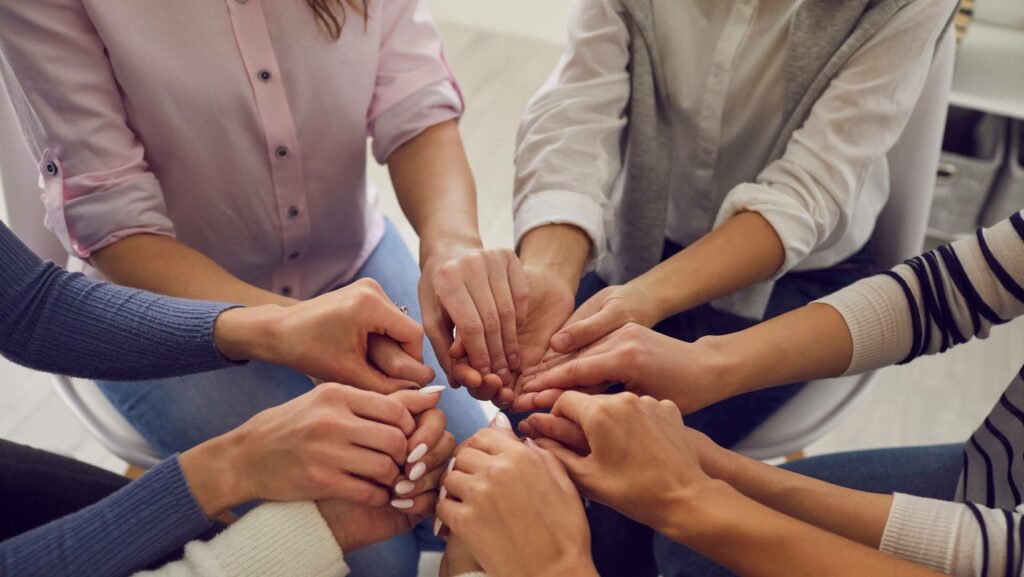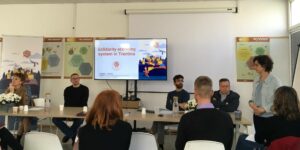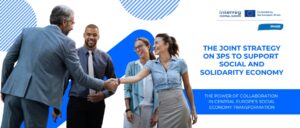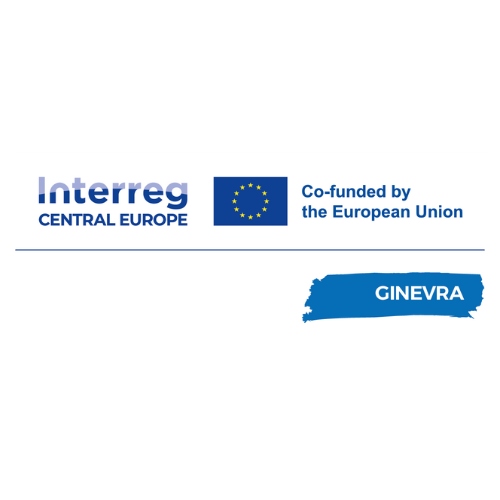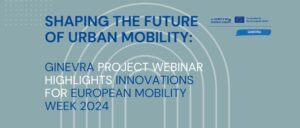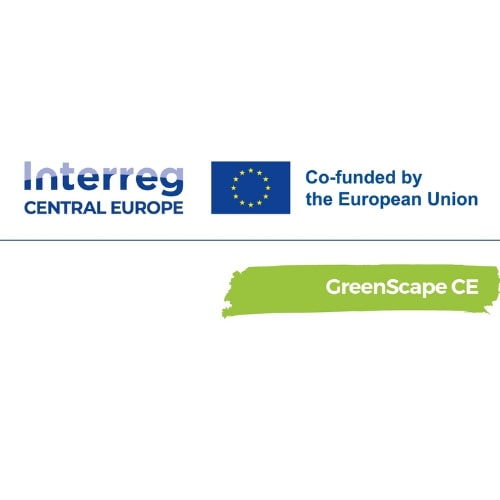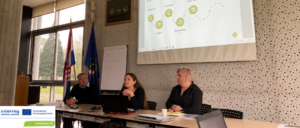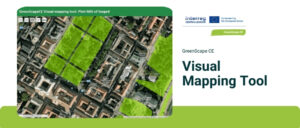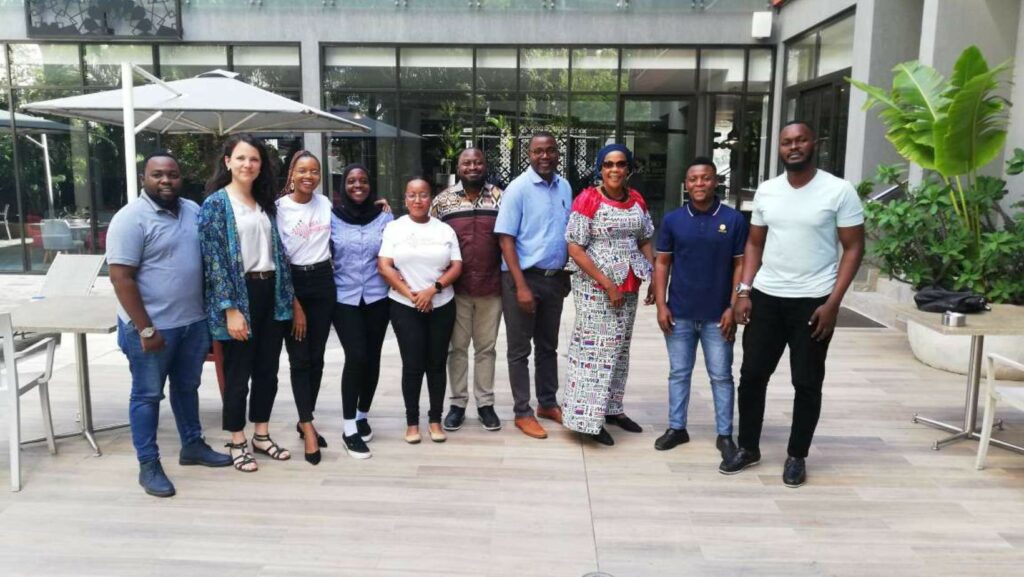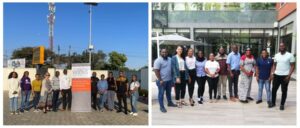EU4Accountability is an European Union-funded programme aimed at strengthening the capacity of Moldovan civil society organisations to better fulfil their role as governance actors to improve the social accountability of public administration and central government in Moldova (🇲🇩). From 2021, EU4Accountability actions support civil society to implement their projects to increase social accountability by increasing local engagement and transparency. The 30-month programme trains more than 60 CSOs from 10 districts of the country to improve their social accountability and budgeting capacities participatory budgeting, to participate in and monitor the local governance process, and monitor the local governance process, participate in policy dialogue with local authorities and central government. Out of a total of 50 EU4Accountability projects, 5 of them were successfully completed between July and August 2023.
ALDA actively contributed to the management of different projects in this sense.
The ProEntranse organisation, responsible for the implementation of the project in Vorniceni and Micleuseni, in the Strășeni district, together with citizens and both municipalities, managed to increase transparency in local public administration throughout a series of trainings aimed at optimising the information process of Local Public Authorities (LPAs), providing local councils with the necessary technology and involving the population in the decision-making process. As a result of these activities, citizens’ trust in local authorities has increased considerably.
The project’s performance, however, was the involvement of young people in local decision-making processes and as a result, Alternative Youth Councils were formed in Vorniceni and Micleuseni. In this regard, youngsters have signed a document that regulates the functioning of these Councils and they are going to submit a medium-term action plan to the LPA.
Citizens and civil society as key actors of the EU4Accountability project
In the same district, the Association of the Zubresti Native People “Zubrea” and the Zubresti Municipality, have put a lot of effort and enthusiasm into the creation of an Information Centre for citizens, which will facilitate the provision of public services, obtaining permits and other documents issued by the Zubresti LPA. At the test stage of the Centre, 500 documents were already completed, thanks to the modern technology and software within EU4Accountability.
The project has ended in Zubresti, but it is certainly an example of the active involvement of civil society and the willingness of the LPA to contribute to great and sustainable actions and to solve the pressing needs of the community.
In the city of Gura Galbenei in Cimislia, civil society has also shown social responsibility as AO ADER, together with the local Municipality and its inhabitants, contributed to the implementation of priority actions within the local context.
Through the EU4Accountability project more than 40 citizens learned about participatory budgeting and monitoring of public procurement at local level and technical needs were provided to broadcast live the meetings of Gura Galbenei Local Council. Also, at the initiative of citizens, the courtyard of the “Guguță” kindergarten was landscaped, trees and shrubs were planted, an irrigation system was installed, benches were installed and other improvements were made with the voluntary involvement of citizens.
In the village of Volintiri, in the district of Stefan Voda, actions and activities in the first stage of the project seemed unfeasible: thanks to the resilience, the ambition and the confidence in the initiative, supported by the Association Speranta Voliniri and the village Mayor’s Office, capacities in the field of social responsibility were strengthened for 40 people and the infrastructure for meetings and public hearings was considerably improved. Residents have expressed their willingness to be involved in the decision-making processes of the LPA in the future, and already know what are the next projects involving civil society for the benefit of the locality.
People in Need also actively managed the implementation of a project involving young people from Dezginja, Comrat, as they have been very active within the framework of the EU4Accountability project. Their achievement is the creation of a Youth Centre in the city: this project marks a significant step towards strengthening cooperation between the Молодежь Гагаузии Association and the local Municipality.
The youth centre aims at providing a conducive environment to the holistic development of young people, offering access to a range of educational, recreational and cultural opportunities. It will serve as a space for discussion and creation of proposals for social engagement, interactive workshops, vocational training, sports events and community initiatives that meet the needs and aspirations of local youngsters.
